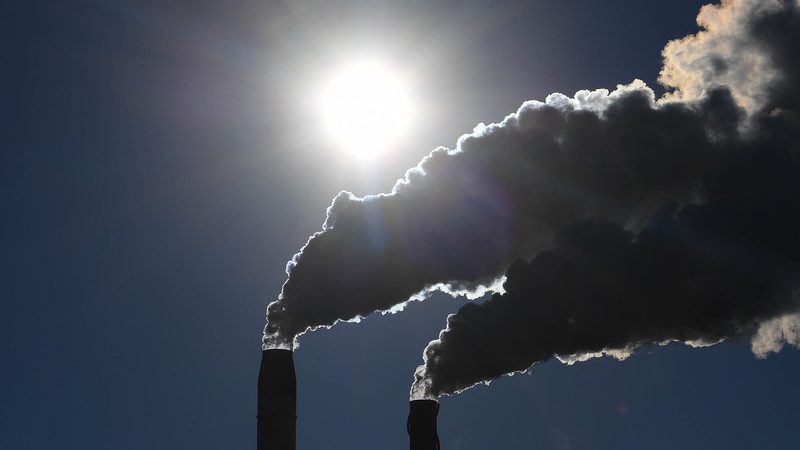The Carbon Border Adjustment Mechanism (CBAM) as proposed by the European Commission could cause extra costs of up to €2 billion ($2.27 billion) for German steel fabricators, a study says.
It was carried out by the Cologne Economic Institute (IW Köln), and commissioned by the steel and metals working industry federation Wirtschaftsverband Stahl- und Metallverarbeitung (WSM). The study finds that CBAM would protect steelmakers from foreign competition with greater CO2 burdens at a lower CO2 price, but would massively hurt steel processors due to rising input material costs. Hence, CBAM could increase the risk of relocation of production sites to foreign shores, WSM fears.
The federation says it does not question the need for the border adjustment mechanism, but criticises its limitation to materials like steel, aluminium and cement. WSM is therefore urgently calling on the European Commission to make improvements and to include the entire value chain, Kallanish reads in a statement.
According to the study, the European Commission’s regulation would swallow up a steel fabricator’s entire 2% return on sales, especially since the mostly medium-sized companies would not be able to pass on the costs. Since many of the firms are strong exporters, national costs for CO2 certificates would need to be reimbursed in the case of exporting finished goods, as is the case for steel, WSM argues.
Christian Koehl Germany






